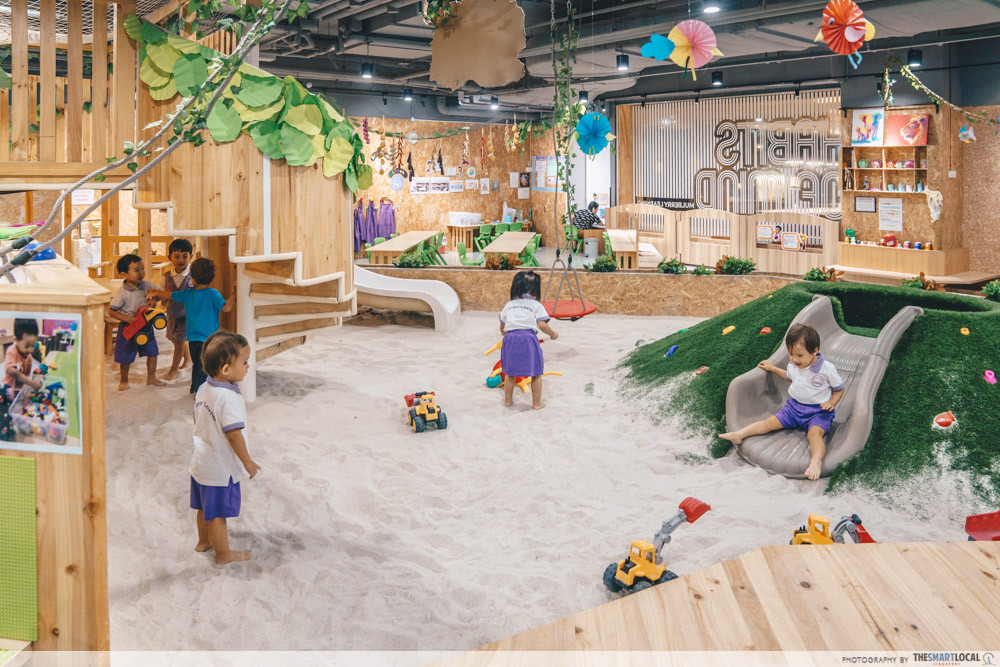Early life is a crucial phase in a child’s development, as the experiences they encounter during infancy shape their future learning and emotional stability. Together with supportive interactions and nurturing, play-based learning offers a rich environment that advances cognitive, social, and emotional development. When infants are nurtured in a safe and exciting environment, such as infant care jurong east, where exploration and meaningful relationships with caregivers improve their learning opportunities, they flourish.
The Role of Play in Infant Development
For young children, play is not only enjoyment; it is also a necessary component of their growth. Infants interact with their surroundings through play, learning new textures, noises, and motions that let them make sense of their surroundings. Simple motions such as grabbing a toy, reaching for an object, or investigating their environment help hand-eye coordination, motor skills, and cognitive ability. Play stimulates sensory development as well since babies respond to varied stimuli and engage with different objects.

Fostering Emotional Bonds Through Interaction
The emotional growth of a youngster is mostly shaped by caring relationships. Adults who practice responsive care—that is, who quickly and effectively meet the demands of an infant—develop trust and deepen their emotional ties. Simple gestures like keeping eye contact, speaking in calm tones, and providing physical comfort show the young child warmth and safety. These interactions help the baby to feel confident and self-worth in addition to helping to maintain emotional balance.
Creating a Stimulating Environment for Growth
The development of infants depends much on the surroundings in which they interact and play. A stimulating, yet safe, environment can improve sensory and cognitive development. While natural stimuli like light and music offer sensory variety, soft toys, colorful objects, and basic puzzles inspire inquiry and problem-solving. While still maintaining proper supervision and direction, caregivers can enhance this environment by including varied materials and letting babies explore freely.
Encouraging Social Skills Through Gentle Guidance
Infants start to see and copy the actions of those around them even at a very young age. Play-based learning gives young children chances to interact positively and supportively with other children and caregivers. By means of directed interactions, young children can begin to grasp social cues, including turn-taking, facial emotions, and fundamental communication signals.
Through significant play and loving interactions that support discovery, emotional security, and social development, infants learn and grow at infant care jurong east, where their needs are met with care and attention. Caregivers create the conditions for lifetime learning and well-being by offering a loving surrounding where play is valued and emotional ties are reinforced.




